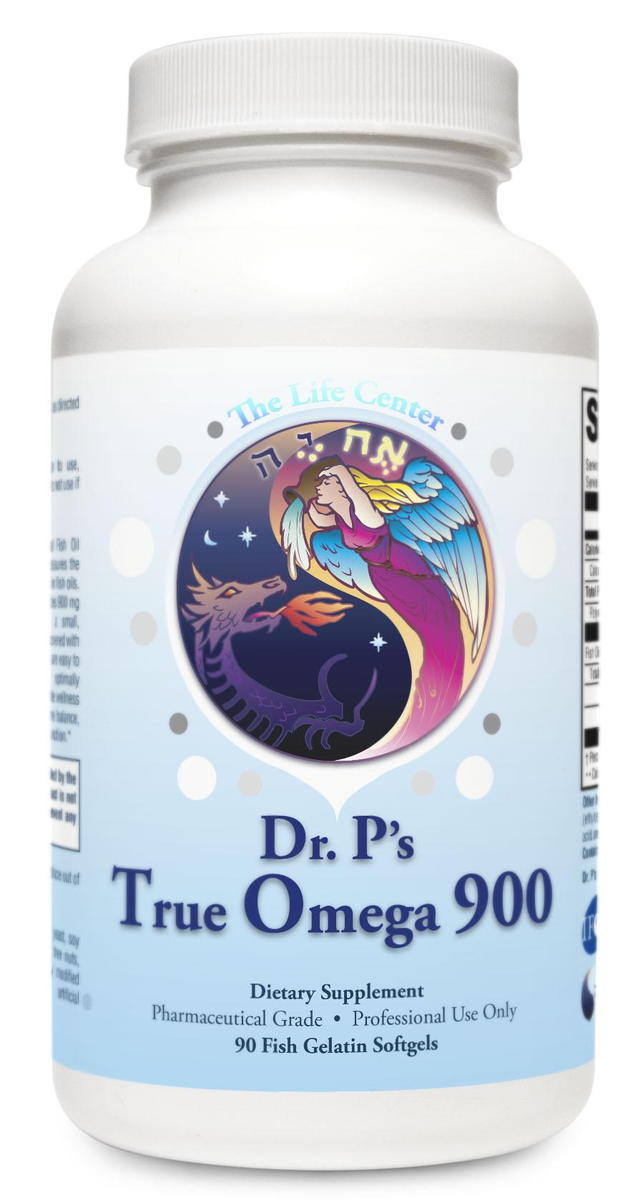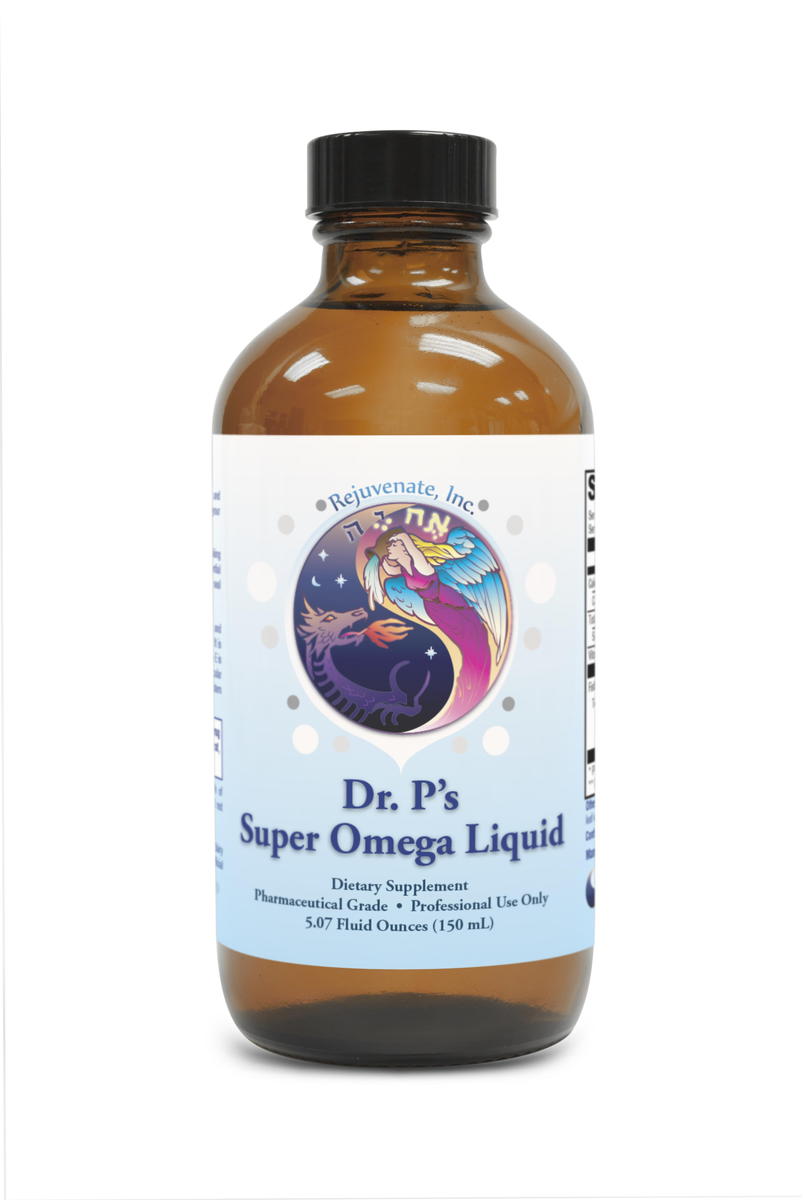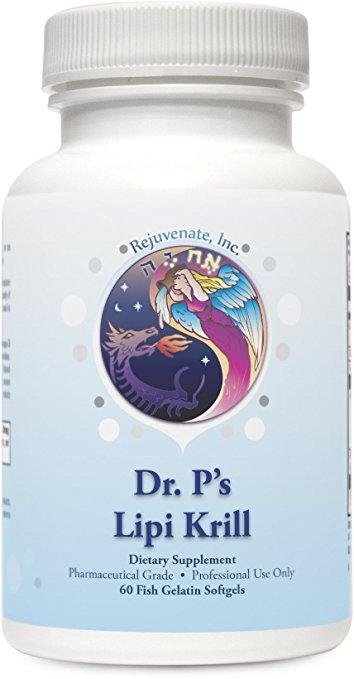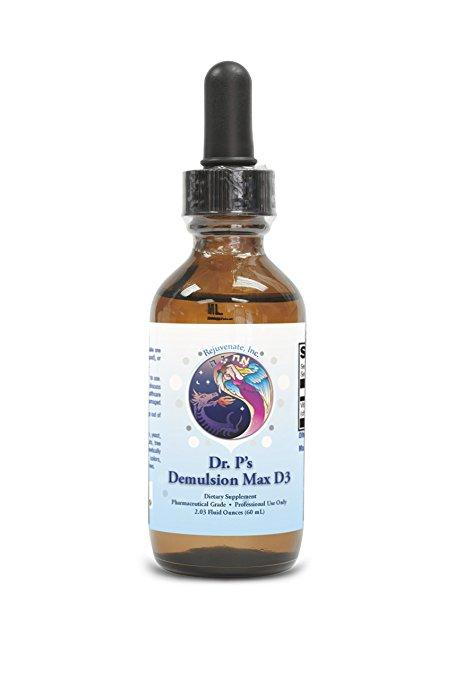- posted: Jan. 17, 2017
We hope that you had a wonderful week! We have a number of exciting office happenings this week including our official announcement that Dr. Nicholas Grable is joining the practice! Also, we've included a link to pre-order Thanksgiving turkeys which are pastured, certified humane, and certified non-gmo. But first, check out these tips for naturally balancing hormones.
Hormones act as chemical messengers to control and coordinate the functions of our tissues and organs. When the endocrine system is working properly, hormones are released at exactly the right time and the body accurately responds to those messages. This 'hormone ballet' that our body performs everyday can be aided or disrupted with our day-to-day patterns and habits. Check out these tips to help you regulate your hormone levels.

Exercise
For those with a hormone imbalance, prolonged intense bouts of cardiovascular exercise can exacerbate these imbalances. While re-calibrating hormone levels, gentle cardiovascular exercise, or short bouts of intense exercise can be hugely beneficial.
If you are a fan of high-intensity exercise, interval training can be great for regulating proper hormone production. This form of training is commonly known as HIIT or High Intensity Interval Training. It can help to relulate hormone levels, maintain a healthy weight, lower stress, and regulate appetite.
Sleep
Sleep is incredibly important in regulating the production and release of cortisol, one of our main stress hormones. There is a reason for the old saying 'early to bed early to rise, makes a man healthy, wealthy, and wise.' It is recommended that we sleep for 7-9 hours per night, and that we head to bed around 10pm each evening. An early bedtime and adequate sleep regulates the release of cortisol.
Omega-3 Fatty Acids
Increasing your intake of Omega-3 fatty acids will help in establishing hormonal balance. Long-chain omega-3 fatty acids include both EPA (eicosapentaenoic acid) and DHA (docosahexaenoic acid). These are plentiful in fish and shellfish. Short-chain omega-3 fatty acids include ALA (alpha-linolenic acid). These are found in plants, such as flaxseed. Though beneficial, ALA omega-3 fatty acids have less potent health benefits than EPA and DHA. Omega-3 fatty acids are a large component of brain-cell membranes and are important for cell-to-cell communication in the brain, so they are incredibly important for healthy brain function as well! It is recommended that we have a wide variety of Omega-3s. You can also supplement with these healthy Omega-3 sources.
Vitamin D
Vitamin D is incredibly important in hormone regulation. It is also beneficial in reducing inflammation in the body. We have all heard of SAD (Seasonal Affective Disorder) which is depression that occurs during the winter months when we limit our sun exposure. Sunshine provides us the opportunity to optimize vitamin D levels because our bare skin makes vitamin D on its own when exposed to direct sunlight. A vitamin D supplement can be very helpful in balancing hormones and mood.
Ditch the Birth Control Pills
Cut out Alcohol
The body's blood sugar levels are controlled by insulin and glucagon, hormones secreted by the pancreas. In response to acute alcohol consumption, the body increases insulin release, which results in less blood sugar (hypoglycemia). Chronic heavy drinking, in contrast, has been associated with excessive blood glucose levels (hyperglycemia). Chronic alcohol abuse can reduce the body's responsiveness to insulin and cause glucose intolerance in both healthy individuals and alcoholics with liver cirrhosis.
Skip Caffeine
http://ajcn.nutrition.org/content/95/2/488.abstract
Limit Environmental Toxins at Home
In the kitchen, get rid of Teflon pans, especially if they are old or flaking. The toxin PFOA is used to make Teflon, and studies have found that the chemical may harm the immune system, liver and thyroid and cause raise cholesterol levels in children.
Avoid air fresheners and chemically scented products, which merely fill your home atmosphere with yet more toxic chemicals.
In the bathroom, make sure that you avoid products that include the antibacterial triclosan. Triclosan is a thyroid-disrupting chemical, and is found in some hand sanitizers, soaps, shampoos, and even toothpastes.
Check your mattress! Memory foam is full of toxins and flame retardants which will disrupt your endocrine system, sending your hormones out of wack. Memory foam may be treated with polybrominated diphenyl ethers, or PBDEs, which are used in many commercial products.
Locations
6940 South Holly Circle Suite 201
Centennial, CO 80112, US
Office Hours
Our Regular Schedule
8am - 1pm
3pm - 5pm
8am – 1pm
3pm – 7pm
Closed
Closed
8am – 1pm
3pm – 7pm
8am – 2pm
Closed
Closed
Closed
Closed
Closed





